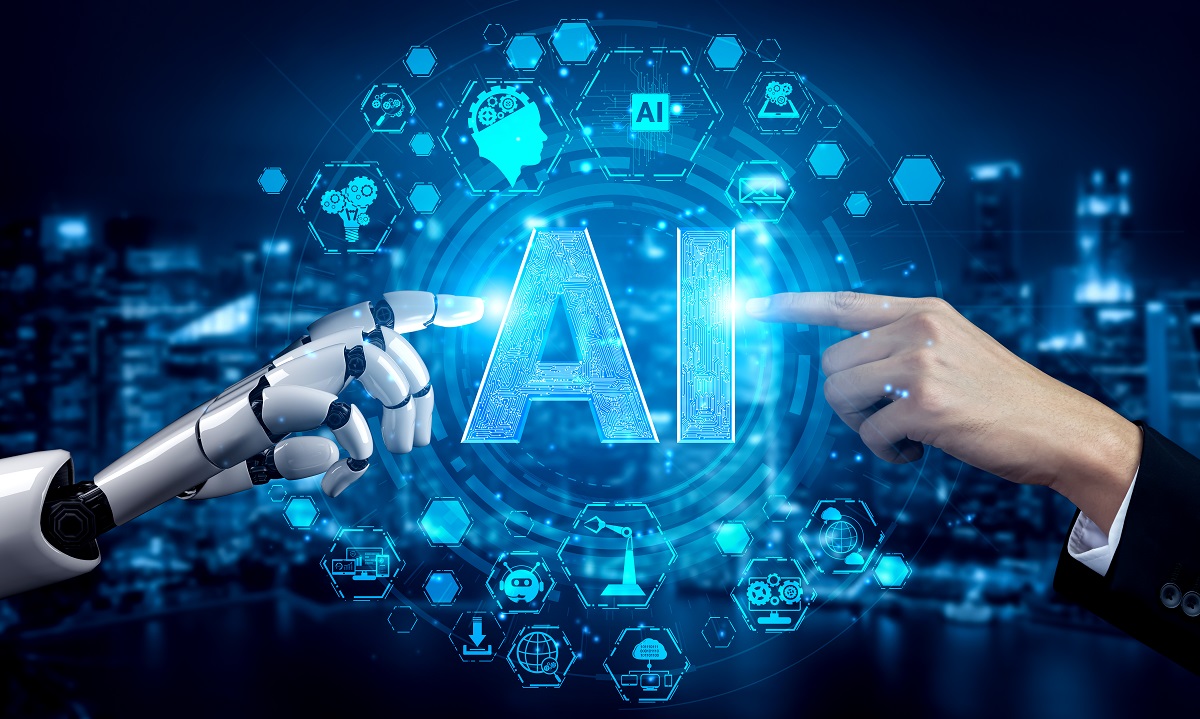Welcome to the age of artificial intelligence (AI), where technology is advancing at an unprecedented rate. As AI becomes more integrated into our lives and the workplace, it’s natural to wonder how it will impact our careers.
Will robots take over our jobs?
How can we stay relevant in this rapidly changing landscape?
Find out how to futureproof your career in the age of AI with insights from Ying Shaowei, NCS’s chief scientist, and Alan Ong, a career specialist from Maximus, a career-matching provider appointed by Workforce Singapore (WSG).
Six tips for futureproofing your career in the age of AI
1. Embrace lifelong learning
As AI continues to advance, the skills that are in demand are constantly evolving. To futureproof your career, you must adopt a mindset of continuous learning.
Online courses, workshops, and certifications can provide valuable knowledge and enhance your expertise.
“The key is to always stay relevant and adaptable amidst the VUCA (volatility, uncertainty, complexity, and ambiguity) environment within the job market of AI and Automation,” said Alan.
By investing in your learning and development, you demonstrate adaptability and a willingness to grow, making you more valuable to employers in the AI-driven job market.
2. Develop soft skills
While AI is advancing rapidly, there are certain skills that machines cannot replicate: soft skills. As AI takes over routine tasks, employers will increasingly value these human-centric skills. Alan shared, “AI is developed to increase productivity and efficiency, but it will never replace communication skills, critical thinking and creativity.”
So, focus on developing your soft skills and seek opportunities to improve your communication, problem-solving, and leadership abilities. These skills will not only make you stand out in the workforce but also ensure your relevance in the future.
3. Collaborate with AI
Rather than viewing AI as a threat, seeing it as a tool to enhance your work is important. This will make you more productive and position you as someone who can effectively work with AI, making you an asset to any company. Shaowei highlights how the ‘SEA’ approach would help professionals collaborate effectively with AI.
- ‘S’ – Skills development and continuous learning:
“Professionals must continuously refine their skills for effective AI-human collaboration, keeping abreast of the latest AI technologies, tools, and industry trends while comprehending AI’s strengths and weaknesses.”
- ‘E’ – Ethical and responsible use of AI:
“As AI models are pre-trained with large datasets, professionals should be cognizant of potential bias and ensure AI applications handling personal data are compliant with privacy regulations and best practices.”
“With the convergence of different technologies and industries becoming more common, collaboration with professionals from diverse backgrounds and disciplines can also lead to ground-breaking innovation and opportunities.”
4. Cultivate adaptability
In the age of AI, adaptability is key. The job market is changing rapidly, and new roles are emerging while others become obsolete. Be open to learning new skills, exploring different industries, and taking on new challenges.
“Having a growth mindset and staying adaptable is extremely crucial in the world of AI,” said Alan. “It is about staying relevant and keeping up to date on the latest trends within the current job market.”
Embrace change and be willing to step out of your comfort zone. By being adaptable, you’ll be better prepared to navigate the uncertainties that come with advancements in AI technology.
5. Nurture your network
Building and nurturing professional relationships is crucial in any career, but it becomes even more important in the age of AI. Networking lets you stay connected with industry trends, learn from others, and discover new opportunities. Alan explained, “To stay relevant, it is important for you to nurture your professional network to gain access to opportunities, nurture your professional development, and get the necessary exposure.”
Attend industry events, join professional organisations, and connect with like-minded professionals both online and offline.
Your network can provide valuable insights, mentorship, and potential job opportunities. So, invest time and effort into building a strong professional network.
6. Stay curious
Curiosity is a trait that will serve you well in the age of AI. By staying curious, you’ll be able to adapt to changes more effectively, identify new areas for growth, and remain ahead of the curve.
According to Shaowei, professionals should read and ask questions, digging deeper into how AI technologies work and exploring the underlying principles.
“Engage in conversations with experts and enthusiasts to broaden one’s understanding. There are groups dedicated to hosting these conversations, such as the Singapore Computer Society.“
He also recommends professionals find opportunities to gain first-hand experience in real-world applications. “It not only deepens one’s understanding and confidence in working with AI but also enables individuals to actively contribute to the ever-evolving AI landscape,” he added
AI is a tool, not a threat
The rise of AI presents opportunities and challenges for the future of work. Remember, the key is to see AI as a tool to enhance your work rather than a threat to your job.
So, let’s embrace the possibilities that AI brings and position ourselves for success in this ever-evolving landscape!

 Overview
Overview









